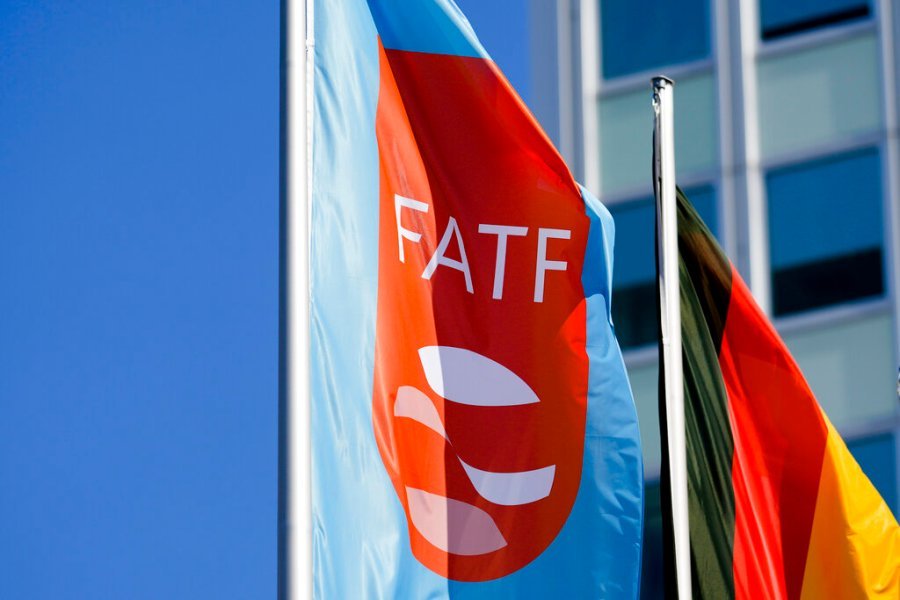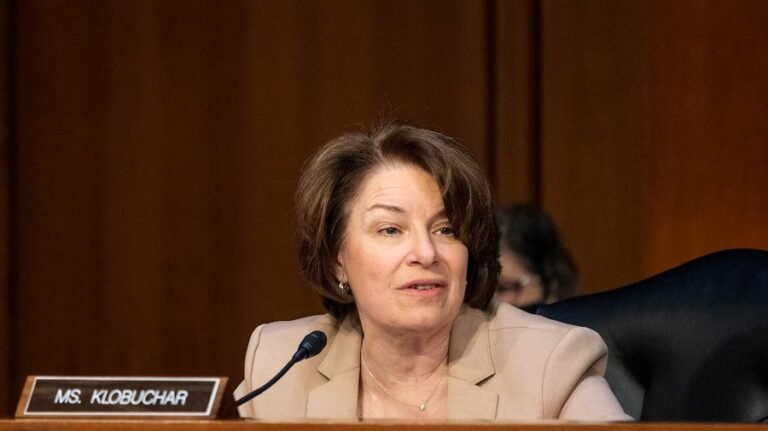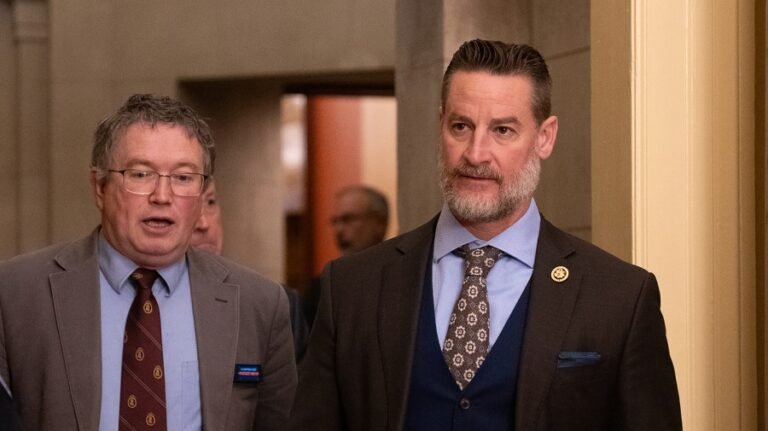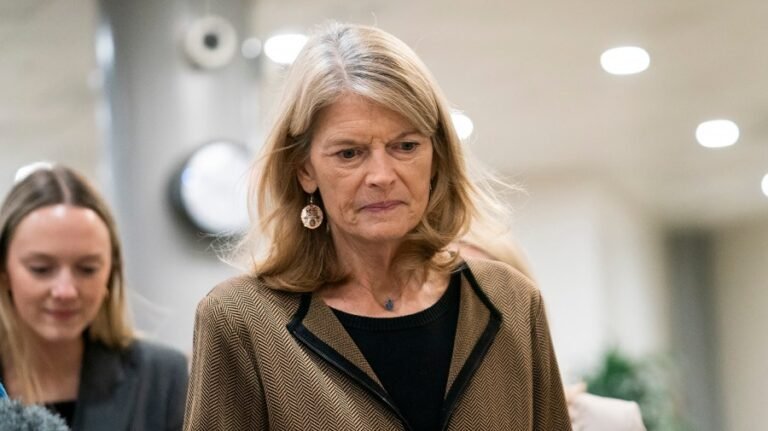
President Trump promised to make America safer, stronger and more prosperous. To fulfill that vision, he is already deploying bold leadership.
But he also has at his disposal underused tools that can maximize U.S. leverage without relying on foreign aid or military deployments. The Financial Action Task Force is exactly that kind of instrument: a high-impact, low-cost global watchdog that targets the arteries of illicit finance.
The Financial Action Task Force isn’t a bureaucracy or a treaty-bound institution. It’s a results-driven enforcement regime with teeth. By controlling access to global financial systems, the Financial Action Task Force can compel reforms in countries that sponsor terrorism, enable kleptocracy or tolerate organized crime. It’s a tool of pressure that strikes where it matters most: capital and markets. And it fits naturally with the president’s transactional, results-focused style.
The most compelling case for the task force’s power isn’t theoretical — it’s real. In 2018, the Financial Action Task Force gray-listed Pakistan for failing to curb terrorist financing. The fallout was swift. Foreign investment dried up, banks pulled back and multilateral lenders grew wary. The financial squeeze was real — and effective.
What followed was a sweeping reform campaign. Over four years, Pakistan passed dozens of laws, empowered regulators, froze assets of proscribed groups and brought prosecutions under revamped statutes. The Financial Action Task Force verified that Pakistan had completed all 34 required actions and removed it from the gray list in 2022.
Pakistan remains under post-delisting monitoring. The Financial Action Task Force and its members, including the U.S., continue to assess compliance. Given Pakistan’s sustained reforms, that status should be extended in good faith — demonstrating that countries which follow the rules earn lasting recognition.
This isn’t about rewarding friends — it’s about reinforcing the Financial Action Task Force’s credibility. When countries respond to pressure with meaningful reform, they should be acknowledged. That sends a message to others: the system works, and performance earns a path back to legitimacy.
Lebanon offers the opposite example. Once a financial hub, it has collapsed into dysfunction. Since 2019, Lebanon has suffered one of the worst economic meltdowns in recent history, driven by corruption and mismanagement. Former central bank governor Riad Salameh faces international investigation for laundering hundreds of millions of dollars. Trust in the banking sector has vanished.
Hezbollah, a U.S.-designated terrorist group, freely exploits the chaos in Lebanon, financing itself through narcotics, smuggling and unregulated remittance networks.
The Financial Action Task Force’s mission is to prevent exactly this. Yet Lebanon has not been gray-listed.
That’s a serious oversight. A listing would pressure Lebanese elites, constrain Hezbollah’s funding channels and expose Iranian influence — all without deploying a single U.S. asset. It would show that the global financial system has rules, and they are enforced.
Other countries also demand scrutiny. Turkey is already gray-listed but shows inconsistent implementation. Nigeria, with its vast informal economy and entrenched corruption, remains a potential hub for illicit flows. These gray-zone economies blur the lines between legal and criminal finance. The Financial Action Task Force gives the U.S. a way to highlight these risks — and demand reform — without direct intervention.
The Financial Action Task Force is tailor-made for Trump’s approach to global engagement. It relies on measurable benchmarks and delivers tangible consequences. It doesn’t care about ideology. It cares about enforcement, audits, prosecutions and safeguards. That makes it the perfect fit for a doctrine based on leverage and accountability.
To fully unlock the Financial Action Task Force’s potential, President Trump should:
- Tie the Financial Action Task Force compliance to trade access, investment deals and defense cooperation.
- Push for listings where warranted — starting with Lebanon.
- Promote success stories like Pakistan to show that task force pressure delivers real change.
- Expand the Financial Action Task Force’s scope to digital asset laundering, elite kleptocracy and financial aggression by states like Russia and China.
- Bolster credibility at home through full implementation of the Corporate Transparency Act and aggressive prosecution of high-profile money laundering cases.
Skeptics claim multilateralism has no place in nationalist policy. But the Financial Action Task Force isn’t the United Nations. It’s a coalition of financial powers — many U.S.-aligned — that enforces rules through markets, not mandates. It doesn’t issue demands — it denies access. That’s why it works.
The Financial Action Task Force lets the U.S. shape behavior globally through compliance. No tanks. No foreign aid. No drawn-out negotiations. Just access — or the loss of it.
In today’s world, real power lies not only in weapons, but in finance. In deciding who moves money, who attracts capital and who retains legitimacy. Trump understands deals. The Financial Action Task Force is a deal: meet the standard, and you’re in. Fall short, and you’re out.
We have seen the positive impact the Financial Action Task Force has had on Pakistan. Using Pakistan as an inspiring example, President Trump should strongly advocate the task force be effectively applied to other nations.
That’s not globalism. That’s leverage. And it’s a roadmap to a world that’s safer, stronger and more prosperous — on America’s terms.
Christopher Shays served in Congress from 1987 to 2009. He held key committee leadership positions overseeing budgets for the departments of Defense and State.


